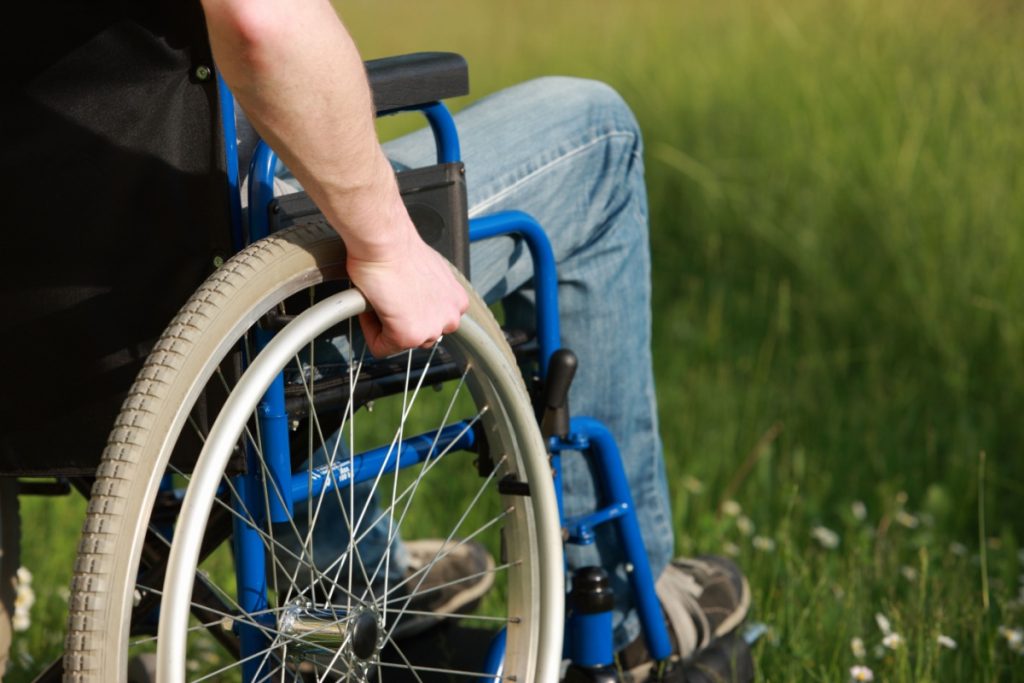Enhancing Accessibility at Outdoor Events

Hosting an outdoor event can be an exhilarating experience, full of potential for unique memories. However, event organizers often face the challenge of ensuring these events are accessible to everyone, including attendees with disabilities or mobility issues.
Accessibility is more than just a legal requirement enforced by public-facing businesses — it’s a commitment to inclusivity that ensures all attendees can enjoy an event to the fullest. From weddings and corporate gatherings to festivals and community events, making sure that everyone, regardless of ability, feels welcomed and accommodated is crucial.
As a leading provider of party rentals in Philadelphia, Tents and Events is committed to helping you create inclusive event spaces that provide everyone with equal access to fun and festivities. Here’s what you should know about planning an accessible event!
Plan Wisely
Creating an inclusive space begins with pre-event planning and a mindset that views accessibility as a cornerstone of successful event management. Before you begin planning the finer details of your event, think about the guest list and their specific needs. Consider the wide array of potential needs among your guests. These can range from mobility issues to dietary restrictions, sensory sensitivities, and the need for nursing or quiet spaces. Early engagement with your intended audience through surveys or direct communication can help identify specific requirements, making it easier to address these needs in your planning process. For instance, if you’re hosting an event that involves speeches and there are audience members who are Deaf or HOH (hard of hearing), look into hiring sign language interpreters so that everyone can enjoy equal access.
Choosing the Right Venue
The next step in organizing an accessible outdoor event is selecting a venue that has — or can be modified to have — enough access features. Picking out wheelchair-accessible event venues can be complex, but as a general rule, look for spaces that are naturally flat and offer easy, barrier-free access. For events in areas with uneven ground or natural terrain, temporary pathways and ramps can be invaluable for wheelchair users and other people who use mobility devices. If people need to charge wheelchairs, assistive listening devices, or other equipment, consider power solutions such as extension cords or portable generators.
Restrooms, Parking, & More
Have you ever been at an outdoor event that had tiny, temporary restroom facilities? These small, cramped spaces are hardly comfortable at the best of times — let alone when you’re utilizing a wheelchair, cane, or other mobility aid. In order to ensure everyone can attend your event and stay comfortable, make sure that ADA-access bathrooms are available — whether these are located in a nearby building or you rent specifically accessible toilets.
Parking and actually getting to the event space can also be a hurdle for some guests, so don’t forget to select a place with enough accessible parking spaces. If your event is a significant distance from the parking area, you may also want to take time to ensure that there is a way for all guests to reach the location without excessive effort. This may look like a golf cart shuttling guests back and forth or a minivan that makes several trips to speed up the process.
Tent Accessibility: Keeping Everyone Comfortable
Whether you’re opting for a professional setup or arranging a DIY party tent, the layout of your tented space plays a significant role in accessibility. It’s essential to provide enough room for all attendees to move around comfortably. This includes wide aisles that can accommodate wheelchairs and mobility devices, as well as ample seating arrangements that allow for easy ingress and egress. When planning the layout, consider the flow of traffic and try to minimize potential congestion points, ensuring that everyone can enjoy the event without feeling cramped or restricted.
Proper lighting inside and around the tent is also vital for safety and accessibility. Adequate lighting can help prevent trips and falls, making it easier for everyone to navigate the space. Additionally, clear and visible signage can assist guests in finding entrances, exits, restrooms, and other essential facilities. Consider using signs with large, easy-to-read fonts and Braille, when possible, to accommodate guests with visual impairments.
Feedback Loop
After the event, seek feedback specifically about the accessibility measures you implemented. This not only shows your commitment to continuous improvement but also provides valuable insights that can help you plan even more inclusive events in the future.
Plan Your Party Today!
By focusing on accessibility, you’re not only creating an event that’s enjoyable for all attendees but also demonstrating a commitment to inclusivity and respect for diversity. Tents and Events is dedicated to helping you design and execute an event that meets these standards, ensuring that every guest feels valued and comfortable from start to finish. Our team is here to assist with every aspect of your event planning, from selecting the perfect venue to installing accessible tents and facilities. Together, we can create memorable, inclusive events that are enjoyed by all — contact us today to get started!

